let’s chat!
Ready to connect? Count on us! Reach out today and let’s start the conversation.
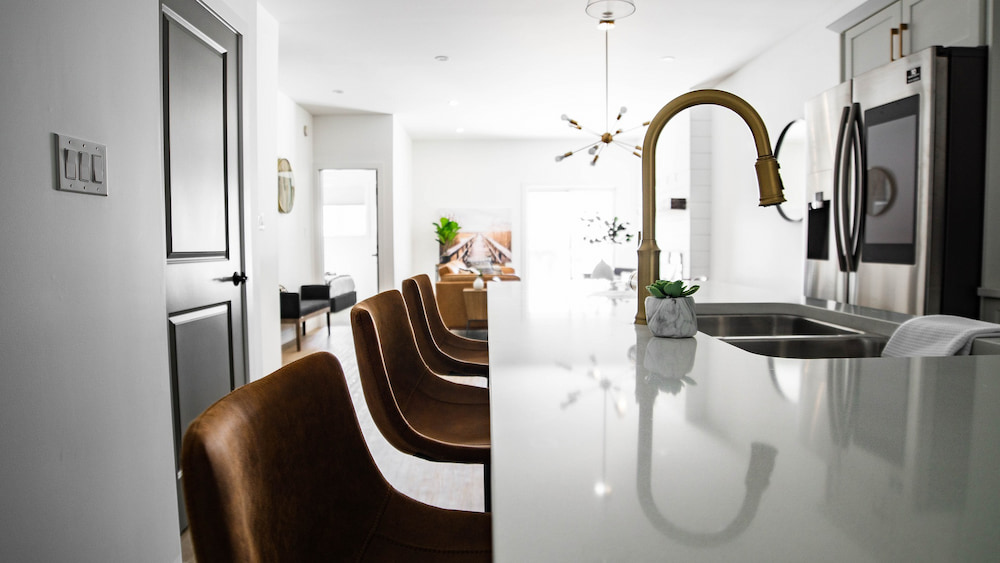
Whether you’re a current homeowner preparing to move, renting, or embarking on your first home purchase, evaluating the status of homeownership involves numerous factors. While homeownership offers equity growth and various freedoms, it also entails increased responsibilities. Financial stability, property maintenance, and a heightened commitment to ownership are key considerations. Nonetheless, the benefits of homeownership typically outweigh these factors, motivating many to pursue owning their own home. What drives your desire to own a home?

The first step is determining your affordability. Nothing is more disheartening than believing you’ve found your dream home, only to realize you lack the necessary funds to purchase it.
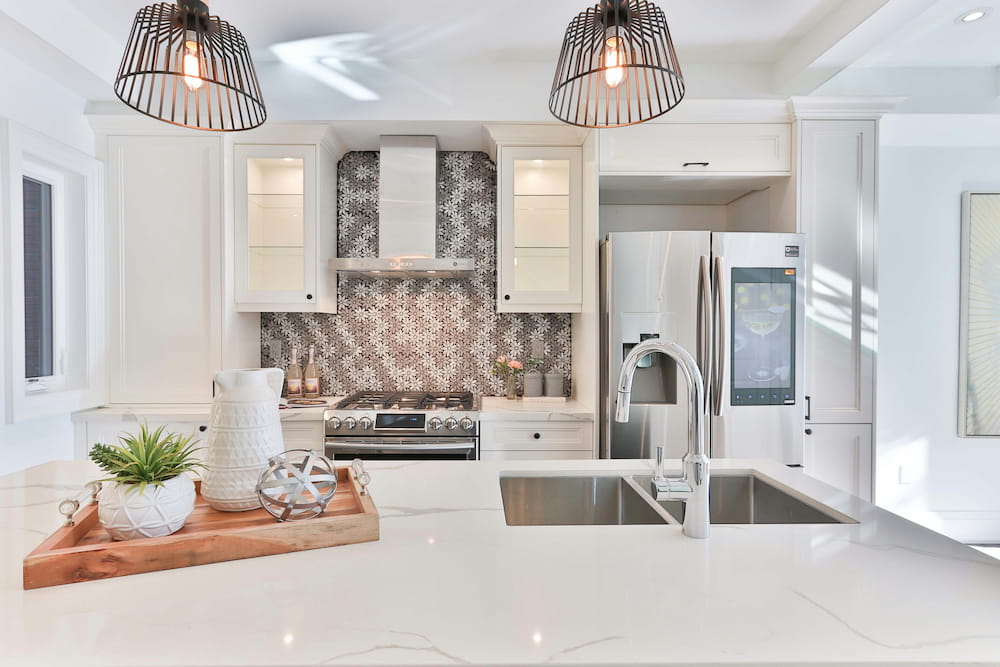
The initial consideration is the down payment, often the determining factor in your ability to own a home. Down payments typically start at a minimum of 5% and increase based on your savings or equity from a previous property. The amount of down payment may also affect the need for CMHC mortgage financing insurance, so it’s essential to discuss this with your mortgage advisor. First-time homebuyers may have additional options through government-approved plans to access funds from their RRSP savings, a topic best explored with a financial planner if available. If you don’t have a financial planner, banking professionals can assist during the mortgage pre-approval process, which we’ll discuss further later on. Regardless of your down payment strategy, it’s important not to allocate all available funds to it, as there are other expenses to consider, which we’ll delve into in the next section.

As previously mentioned, there are various additional fees and expenses beyond the home’s purchase price. The specific fees and their extent depend largely on your individual circumstances and the nature of the deal you negotiate. As a rough estimate, total closing costs and expenses typically range from 1.5% to 4% of the home’s price. In some cases, certain fees and taxes can be included in the mortgage, reducing their immediate impact. Your conveyancing lawyer and financial institution will handle these expenses on your behalf. Below are some common closing costs:
* Land transfer tax in BC is typically 1% on the first $200,000 and 2% on the remainder for Canadian residents, with exemptions available for certain cases.
* Property tax may be due to the seller for the portion of the year you occupy the home if they’ve paid it in full.
* GST applies to new or substantially reconstructed homes, with rebate programs available to offset some of the expense.
* Appraisals, sometimes required by lenders, typically cost around $500.
* Mortgage loan insurance is required for down payments under 20% and ranges from 1.80% to 3.85% of the home’s purchase price.
* Site surveys, occasionally required by lenders, can cost upwards of $800 if not provided by the seller. Title insurance is a more affordable alternative, ranging from $100 to $300.
* Home inspections for defects are recommended and usually start at around $400.
* Lawyer and notary fees vary depending on the deal’s complexity but can be around $1000.
* Miscellaneous expenses like utility hook-up charges, moving companies, cleaning, and landscaping are common when transitioning a new house into your home.
* Ongoing expenses include the mortgage, strata or condo fees, property taxes, insurance, utilities, maintenance, and repairs.
* Ensure your down payment plus estimated one-time expenses do not exceed your available cash on hand.
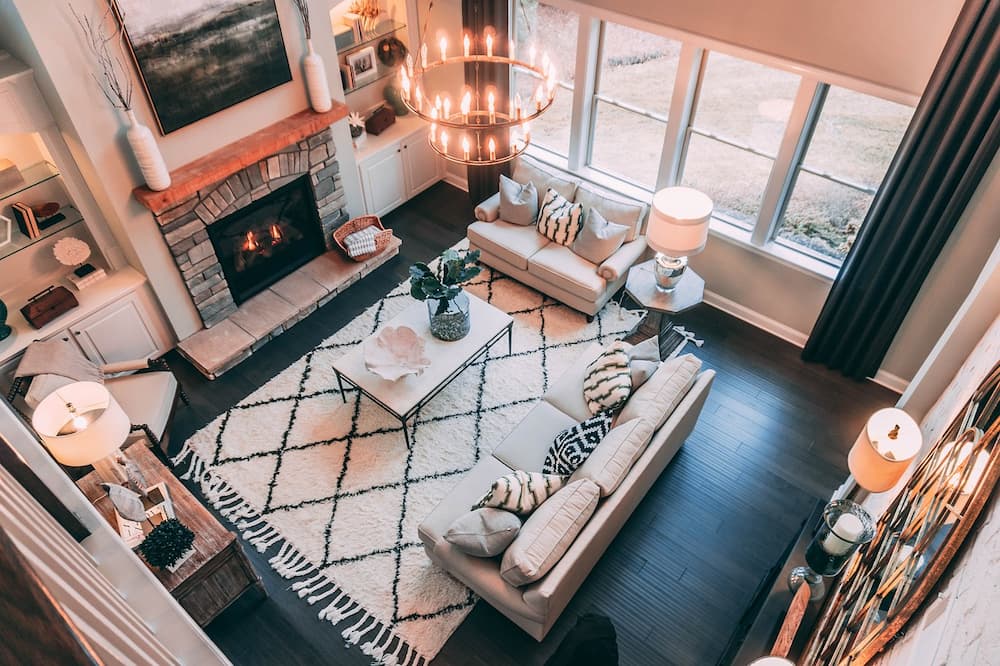
Once the initial costs and fees are covered, the primary long-term commitment for most individuals involves obtaining a mortgage through a lending institution. A mortgage is essentially an agreement to repay borrowed funds over a set period, with numerous companies available to assist with financing arrangements. When shopping for mortgages, key considerations typically include the length of the term and the mortgage rate. Generally, the more secure and longer-term the financing, the higher the interest rate, and vice versa. It’s crucial to research available products and services thoroughly. Take the time to seek expert advice to evaluate your risk tolerance in the mortgage market and choose the most suitable product. Contacting a mortgage broker or financial institution can provide a no-cost, no-obligation pre-approval on a mortgage, offering clarity on your financial standing. Additionally, be prepared to disclose your financial history, current earnings, and debts of all parties involved in the purchase. Providing comprehensive and accurate information now reduces the likelihood of disappointment when committing to an approved loan for both you and your chosen property.
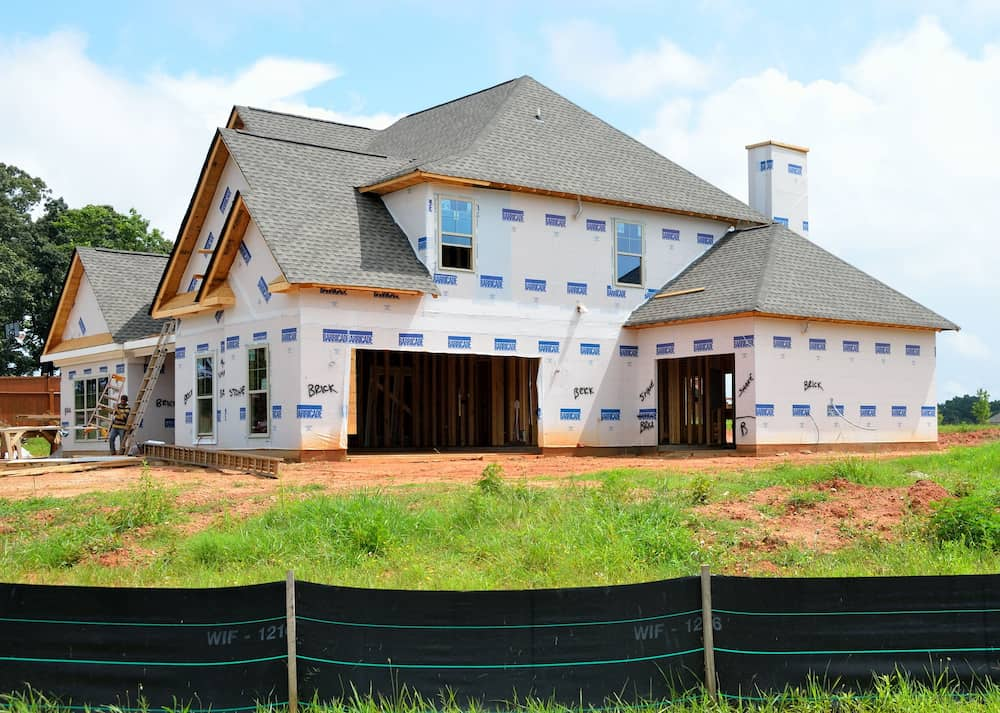
Now that you’ve established your budget and determined your monthly maintenance costs, it’s time for the exciting part: finding the perfect home in the ideal location with all the features you desire. To begin this journey, it’s recommended to create a wish list.
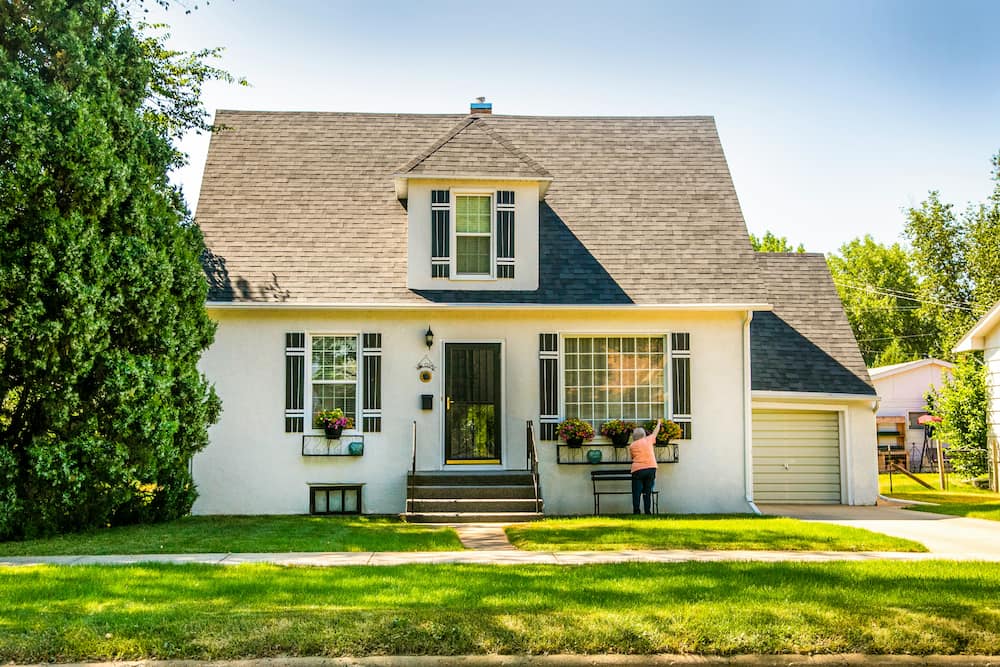
Gather everyone involved in your home-buying decision and begin compiling a comprehensive list. It may be lengthy, but that’s advantageous. Many wishes will align across the board and will be deemed essential, while others will be more optional “wants.” Regardless, start with the fundamentals and expand from there. Considerations may include the number of bedrooms, bathrooms, floors, and parking spaces, as well as proximity to work, schools, parks, grocery stores, shopping centers, and public transit. Reflect on whether you desire features like a yard, fence, garden, view, pool, air conditioning, security, easy access, workshop, privacy, sun exposure, or an adult-oriented community. Your wish list will be unique to you, but reflecting on your current living situation—both likes and dislikes—will help identify your true desires.

Once you’ve finalized and ranked your wish list, it will serve as your compass for the remaining decisions regarding your new home. For instance, if your list includes preferences such as three parking spaces, a fenced yard, and a garden, you’re unlikely to be considering condominiums. The idea is to align your preferences with the appropriate property type. The most prevalent types of homes include single-family, multi-family, condominiums, and mobile homes.
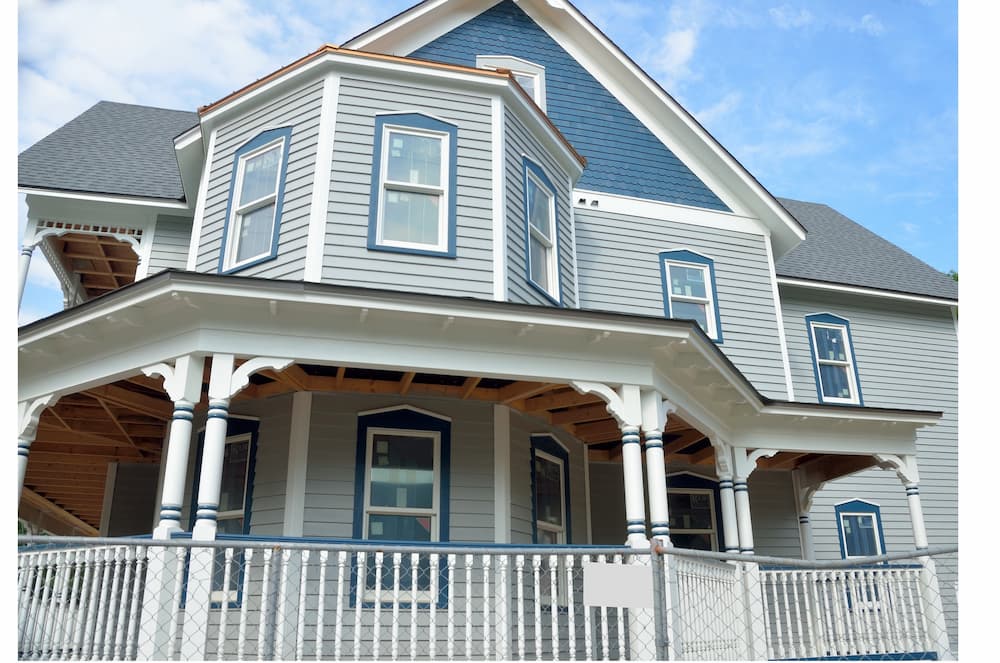
There are various home styles to consider, with some of the most common in this area including:
* Rancher or Bungalow: A single-level family home built on a slab or crawlspace.
* Split Entry: Features stairs leading up and down immediately upon entry.
* Split Level: A multi-level home connected by short staircases.
* 2 Story: Entrance on the ground floor with bedrooms located upstairs.
* Level Entry: The main entrance is on the upper level with a basement exit.
* West Coast Contemporary: Characterized by irregular shapes, large windows, and open spaces.
* Townhouse: Multi-level row housing with separate entrances and interior walls shared between residences.
* Patio Home: Similar to a townhouse but only one level.
* Duplex: A multi-family home with two separate entrances.
* Quadplex: A multi-family structure accommodating four households, each with its own entrance and access to only one level.

Among all the aspects of your home that are unchangeable, its location reigns supreme. It remains fixed. Therefore, it is vital to thoroughly evaluate the attractiveness of the area based on services, amenities, reputation, security, and affluence. Consider not only the present circumstances but also the trajectory of the area in the next year, five years, and ten years. This approach guarantees not only your contentment with the current living environment but also the preservation of your investment’s value in the long run.

Now, we can embark on the actual search for your new home. With a clear understanding of your budget, preferred home type, and desired location, you can rely on your real estate agent to streamline the process of selecting homes to view. Utilizing various methods, such as online MLS listings, print publications, and personalized internet accounts like Personal Client Services (PCS), your agent will ensure you stay informed with email alerts of properties matching your criteria. When evaluating homes and lots, maintain objectivity. Consider lot sizes based on your yard maintenance preferences and prioritize modern features over outdated ones, unless you’re open to renovations. While it’s crucial to be cautious of structural issues, don’t be deterred by minor imperfections; a fresh coat of paint or new fixtures can often transform a space to suit your tastes. Remember, finding the right home involves a process of elimination rather than selection. Maintain a master list of viewed homes and rank them, eliminating options until the best choice emerges. If necessary, reassess your criteria and begin the search anew. Patience is key, ensuring you make the right move for your future.

Ah, indeed, you sensed it the moment you drove into the driveway. Your heart quickened its beat. Opening the front door and stepping inside, a sense of belonging enveloped you—it just felt right. Already, you sense the pride of calling this place home. But what comes next?

Your agent will assist you in crafting a formal written offer, a legally binding contract outlining your proposed terms for acquiring the home. While this can be a daunting task to tackle alone, your agent’s expertise will navigate you through the process, leveraging market conditions to your advantage. Ensure clarity with your agent regarding the offer strategy, considering factors like your motivation, emotional connection to the home, and prevailing market dynamics. Anticipate negotiation back-and-forth, primarily between the buyer’s and seller’s agents, guided by your preferences as the buyer. This underscores the importance of hiring a professional to negotiate in your best interest. It’s common for offers to be countered or rejected, leading to continued negotiation until an agreement is reached or parties walk away. Remember, your ability to walk away strengthens your negotiating position.

The specifics of the offer are tailored to both the property and the buyer’s circumstances. You’ll need to decide on the price, deposit amount (typically 3-5%), financing terms, inclusions, closing and possession dates, and importantly, any conditions. Conditions safeguard the parties’ interests, commonly including securing financing, obtaining insurance, conducting surveys, reviewing disclosures, and completing inspections. Your agent will advise on vital conditions and guide you through satisfying them. Upon fulfilling all conditions and being fully satisfied, the offer becomes unconditional, signifying the purchase of your new home. Congratulations!

There is often a gap between accepting an offer and the actual transfer of possession of your newly purchased home. This intentional delay benefits all parties, allowing time for logistical and preparatory tasks, both physical and administrative. During this period, various activities occur, both visible and behind the scenes. You’ll meet with your conveyancing lawyer to discuss title transfer details and tax obligations. Finalizing financing is underway, and arrangements are made to switch utilities. Insurance is updated, and all necessary fees and adjustments are settled. Cleaning and packing have commenced, marking the beginning stages of the transition.

Today is the significant day, the culmination of all the legal and financial arrangements outlined in the offer. Your lawyer completes the payment to the seller, the property is officially registered under your name, and your real estate agent hands over the keys to your new abode. It’s been a journey filled with challenges, but with the assistance of family, friends, and skilled professionals, you’ve successfully reached this momentous milestone. Welcome home.
Ready to connect? Count on us! Reach out today and let’s start the conversation.
Got questions or ready to take the next step in your real estate journey? Reach out to us—we’re here to guide you. Whether you’re looking to buy, sell, or just curious about the market, our team is eager to assist. Contact us today and let’s turn your real estate goals into reality.
“We’ll get back to you within 24 hours, because your time matters as much as your dream home does.”
Contact us today for a complimentary, no-obligation home appraisal. Let’s uncover the true value of your property together.
Connect with us today for a complimentary, no-obligation buyer’s consultation. Start your journey towards finding the perfect home with expert guidance at your fingertips
Save your time, let us handle the research for you. Your convenience, our commitment.
Phone: 1-250-900-6836
Email: info@tomstownandcountry.ca

New rules for short-term rentals on Vancouver Island include stricter regulations aimed at addressing housing shortages and community concerns. These regulations mandate that short-term rental operators must obtain proper licenses, adhere to zoning bylaws, and limit the number of rental days per year. Additionally, increased enforcement and higher fines for non-compliance are being implemented to ensure adherence to these new rules.

The Government of Canada has implemented new legislation regarding foreign ownership of real estate. Under the Prohibition on the Purchase of Residential Property by Non-Canadians Act, non-Canadians and corporations controlled by non-Canadians are prohibited from purchasing residential property in Canada for a period of four years, commencing on January 1, 2023. These regulations will be in effect until January 1, 2027, after which the Act and its associated regulations will be repealed. For further information, refer to the Regulations published in the Canada Gazette.

New rules for Agricultural Land Reserve (ALR) properties on Vancouver Island emphasize preserving agricultural land and promoting farming activities. These regulations restrict non-farm uses, enforce stricter subdivision controls, and require that primary residences on ALR land be used primarily for agricultural purposes. The aim is to protect the island’s agricultural land base and support local food production.